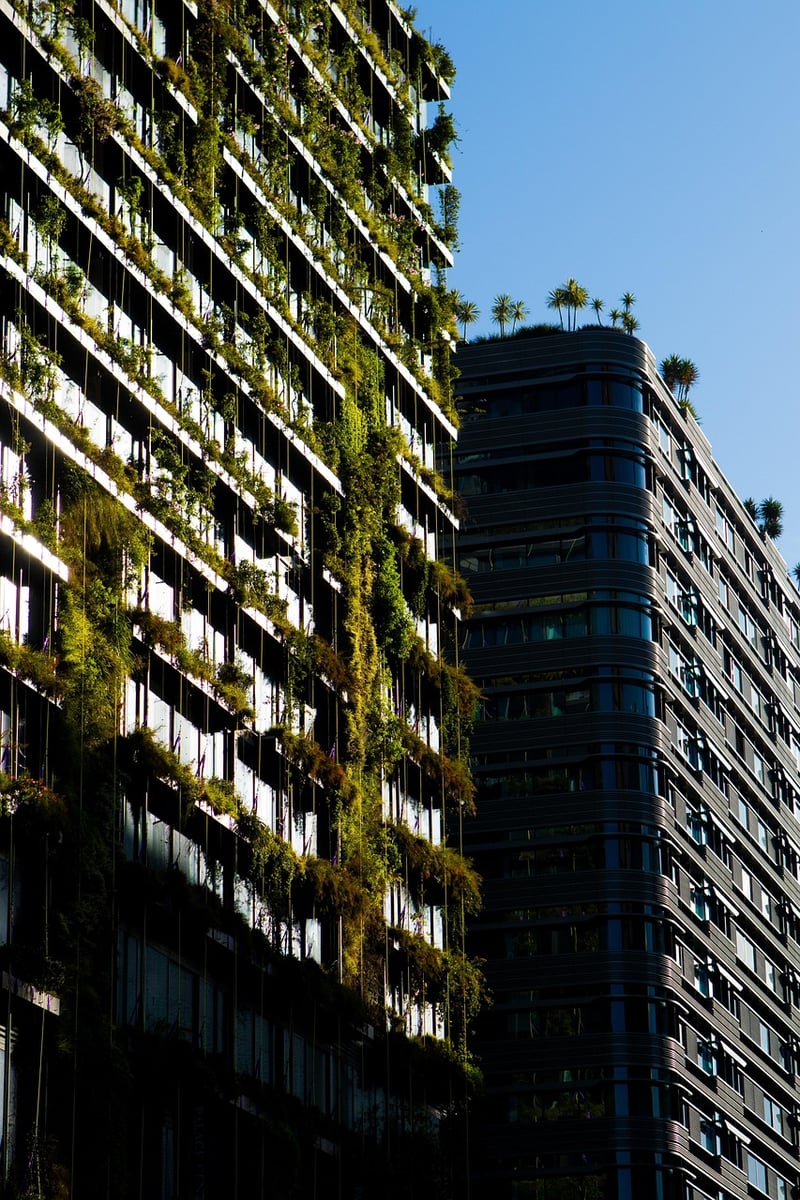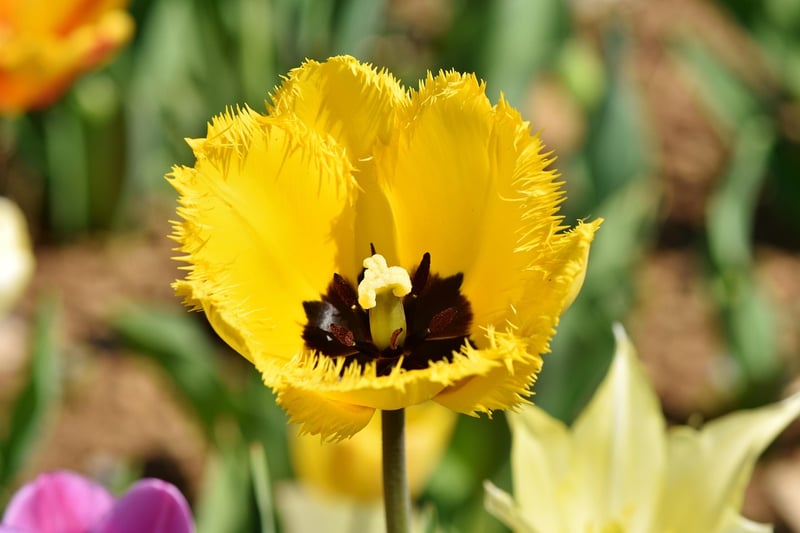Fertilization Tips
Keep Your Garden Thriving: Fertilization Tips
Having a lush and healthy garden requires more than just watering your plants regularly. Fertilizing your garden is essential to provide the necessary nutrients for your plants to thrive. Here are some tips to help you fertilize your garden effectively:
1. Know Your Soil
Before applying any fertilizer, it's crucial to understand the type of soil in your garden. Different soils have varying nutrient levels, so conducting a soil test can help you determine which nutrients your plants need the most.
2. Choose the Right Fertilizer
There are various types of fertilizers available, including organic and synthetic options. Organic fertilizers are derived from natural sources and are environmentally friendly, while synthetic fertilizers are manufactured and provide a quick nutrient boost. Select a fertilizer based on your soil test results and the needs of your plants.
3. Follow Instructions
When applying fertilizer, always follow the instructions provided on the packaging. Using too much fertilizer can harm your plants, so it's essential to measure the correct amount and apply it evenly across your garden.
4. Timing Is Key
Timing is crucial when it comes to fertilizing your garden. Generally, it's best to fertilize in the spring before plants start actively growing. You can also fertilize again in the summer to provide an additional nutrient boost.
5. Water After Fertilizing
After applying fertilizer, make sure to water your garden thoroughly. Water helps the nutrients penetrate the soil and reach the roots of your plants effectively.
6. Consider Slow-Release Fertilizers
Slow-release fertilizers provide a steady supply of nutrients to your plants over an extended period. This can help prevent nutrient leaching and ensure your plants receive a consistent amount of nutrients.
7. Monitor Your Plants
Keep an eye on your plants after fertilizing to see how they respond. If you notice any signs of nutrient deficiency or excess, adjust your fertilization routine accordingly.
By following these fertilization tips, you can ensure that your garden remains healthy and vibrant throughout the growing season. Remember to assess your garden's needs regularly and adjust your fertilization schedule as needed.

For more gardening tips and tricks, check out our gardening website.
